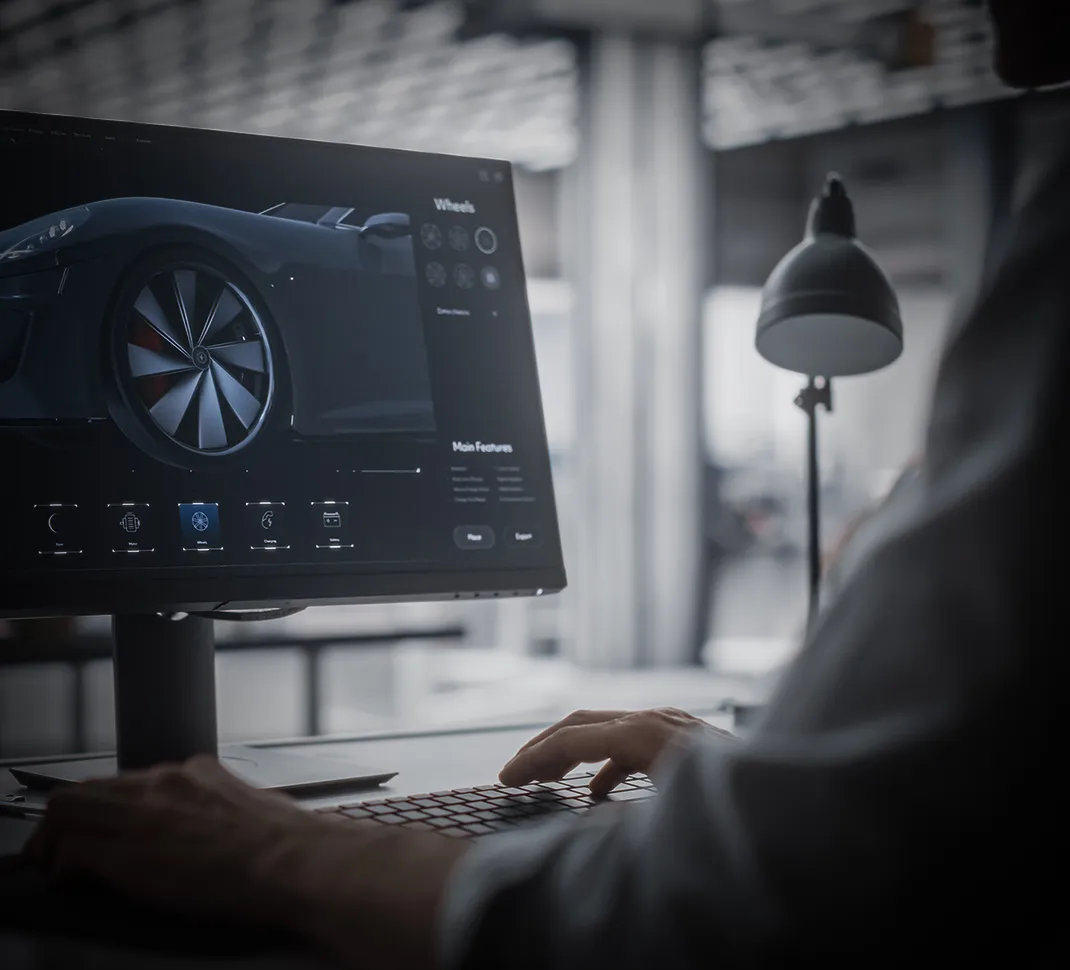Your Industry
Find the right weighing scales and equipment for your industrial sector.
By selecting the location nearest you, we can best show you the products, services and prices available for your region.
Choose your countryAvery Weigh-Tronix is one of the world’s leading suppliers of weighing scales, systems and equipment.
We offer a wide range of industrial weighing systems and solutions, backed by an extensive service network throughout the USA.
Part of a large corporate family, we market and service our products in over 80 countries across the globe.
Find the right weighing scales and equipment for your industrial sector.

We work with a network of reliable and trusted distribution partners to ensure that we can offer a truly personal, local service, wherever you’re located.
